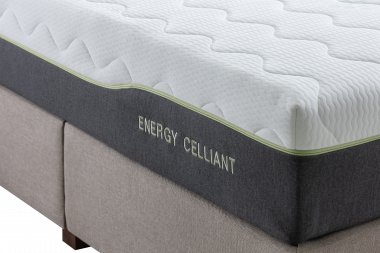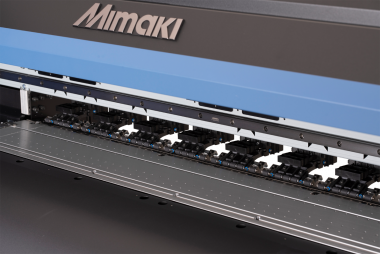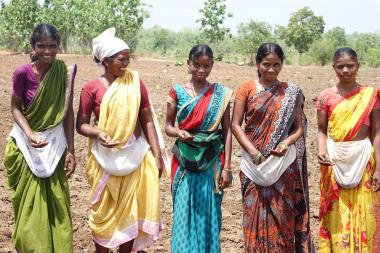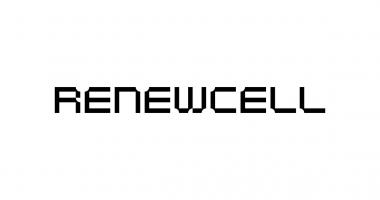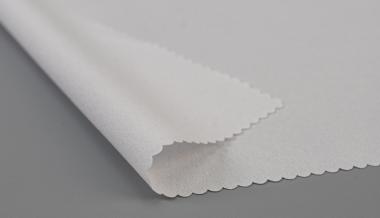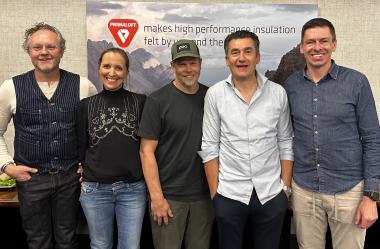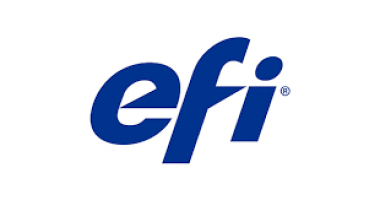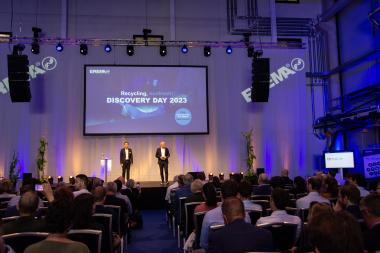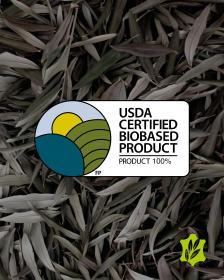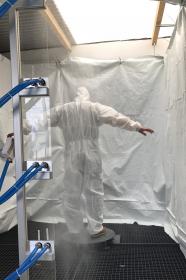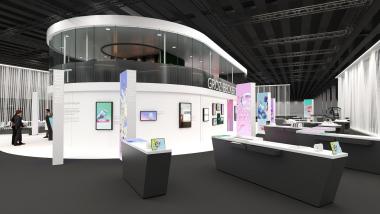İşbir Bedding introduces Energy CELLIANT® mattress
İşbir Bedding, a Turkish company, has teamed up with Hologenix® and its CELLIANT® infrared technology. The Energy CELLIANT® mattress is the first pure white CELLIANT mattress to be offered in Turkey. It marries the sleep technology of İşbir mattresses with the advantages of CELLIANT, a natural blend of bioceramic minerals which, when embedded into textiles, converts body heat into infrared energy to help consumers sleep better and recover faster from physical activity.
the Energy CELLIANT mattress has a cover infused with CELLIANT, a high-density, next-generation ViscoStar Aeromax Comfort Layer that adapts to the body and a V2 Active Zone Pocket Spring Support Layer, which consists of specially designed 7-zone pocket springs. The Energy CELLIANT mattress is suitable for any sleep position and ideal for users who prefer a medium to firm mattress. The mattress is also available in a variety of sizes for both junior and adult athletes.
The Energy CELLIANT mattress helps the body recover after sports or intense activity thanks to the infrared technology and comfort layers. The CELLIANT fabric helps the body thermoregulate, whether you run hot or cold, for a more comfortable sleep experience. CELLIANT minerals help to increase energy levels by reflecting body heat lost during sleep back to the body in the form of infrared energy, so consumers wake up refreshed.


